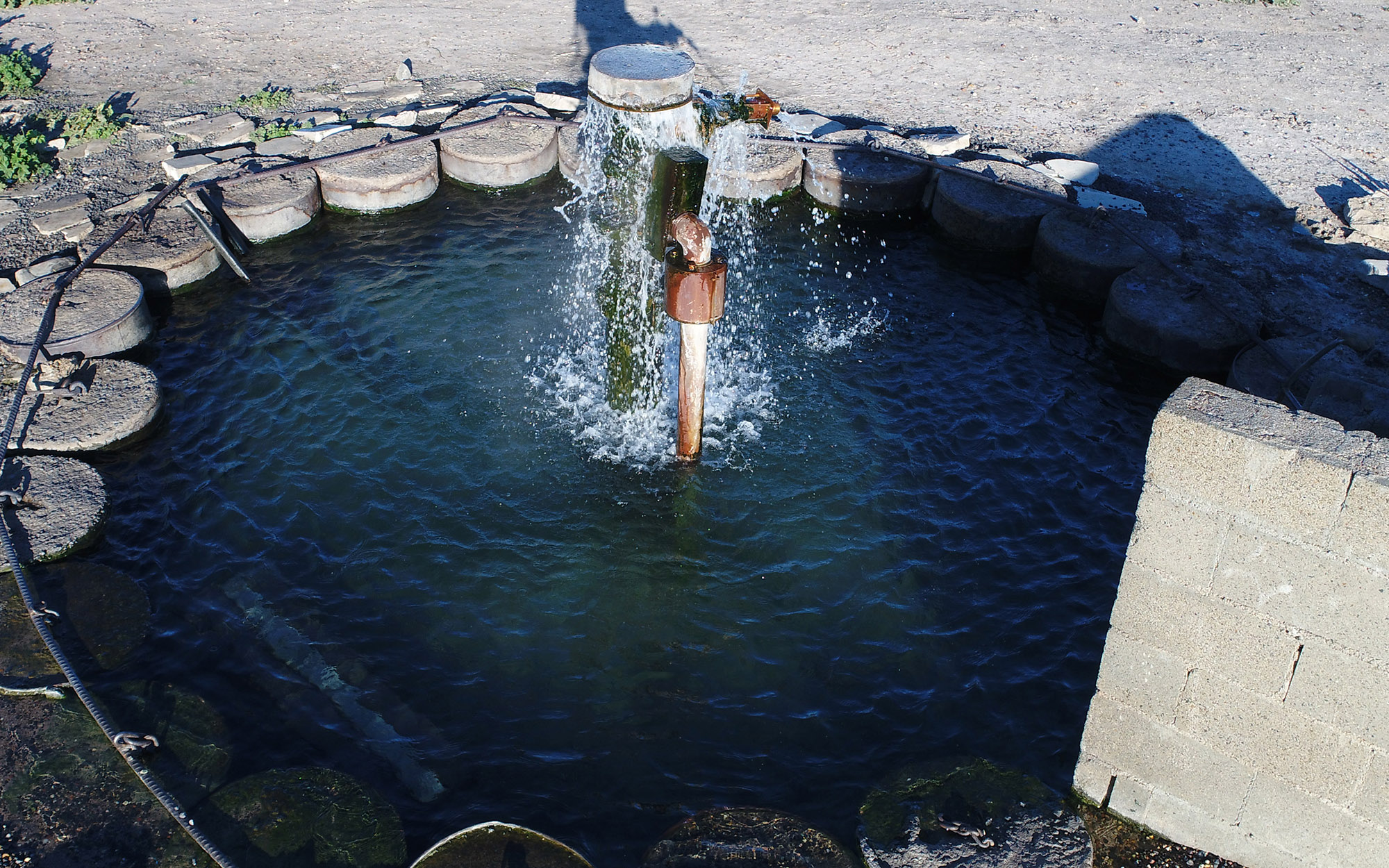About joint private works schemes
Water supply and drainage infrastructure can be expensive to install, maintain and operate. To avoid duplication and share the costs, infrastructure is often shared by neighbouring landholders. NSW legislation has evolved over the decades and there are now 3 types of joint private works schemes used for private infrastructure sharing:
- Irrigation corporations
- Private water corporations. Private water corporations include former private irrigation boards and private drainage boards, also known as private irrigation districts and drainage unions. Reforms that started on 1 March 2024 converted these boards to private water corporations
- Private water trusts. Private water trusts include bore water trusts and irrigation trusts.
Irrigation corporations share and manage water supply and drainage infrastructure. There has been no change in the way they operate.
Private water corporations are formed by groups of landholders to share and manage private water infrastructure. There are 81 private water corporations.
Private water trusts are formed by groups of landholders to share and manage private water infrastructure. There are 103 trusts and no more can be created.
The reforms developed clear and simple regulations and rules, simplifying management and increasing flexibility for schemes.
